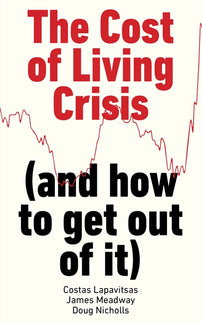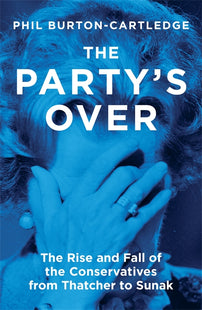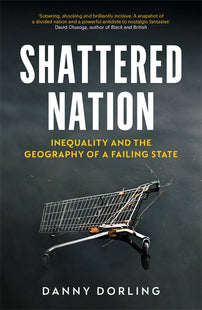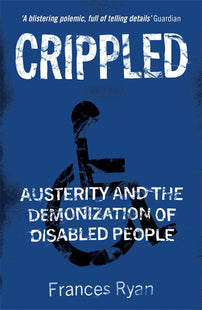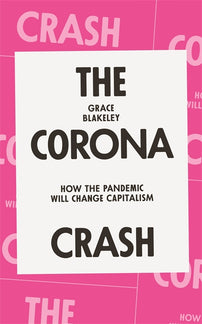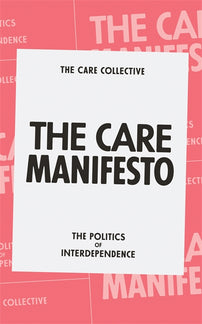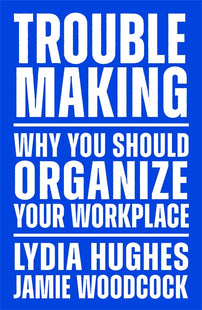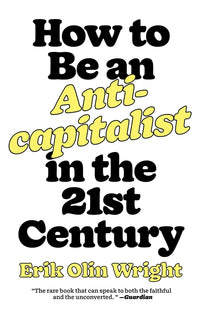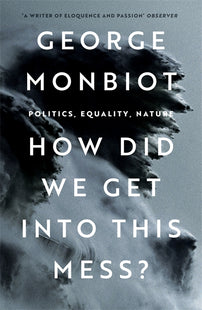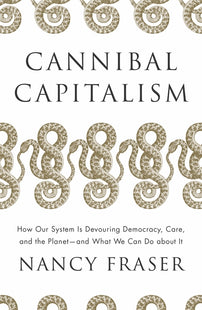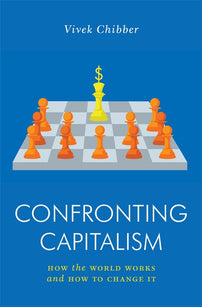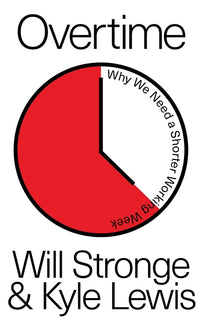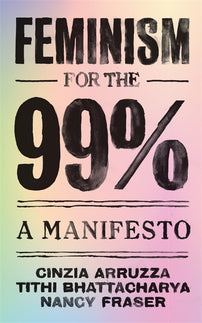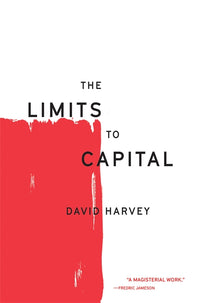Understanding the Cost of Living Crisis
Books to understand this deliberate crisis (and how to get out of it).

The devastation wrought by the cost of living crisis continues unperturbed. The most recent Autumn Statement from the Conservative government shows that another wave of benefit cuts is on the horizon for those out of work. Old tropes of work-shy scroungers are being flaunted as disabled people are made the scapegoat once more.
This reading list explores the deeper roots of the crisis, and the basic steps we can take to build a future that ensures economic stability, wage increases, and worker security.
Get up to 50% off all these books in our End of Year Sale. Browse all our reading lists here.
[book-strip index="1" style="buy"]
